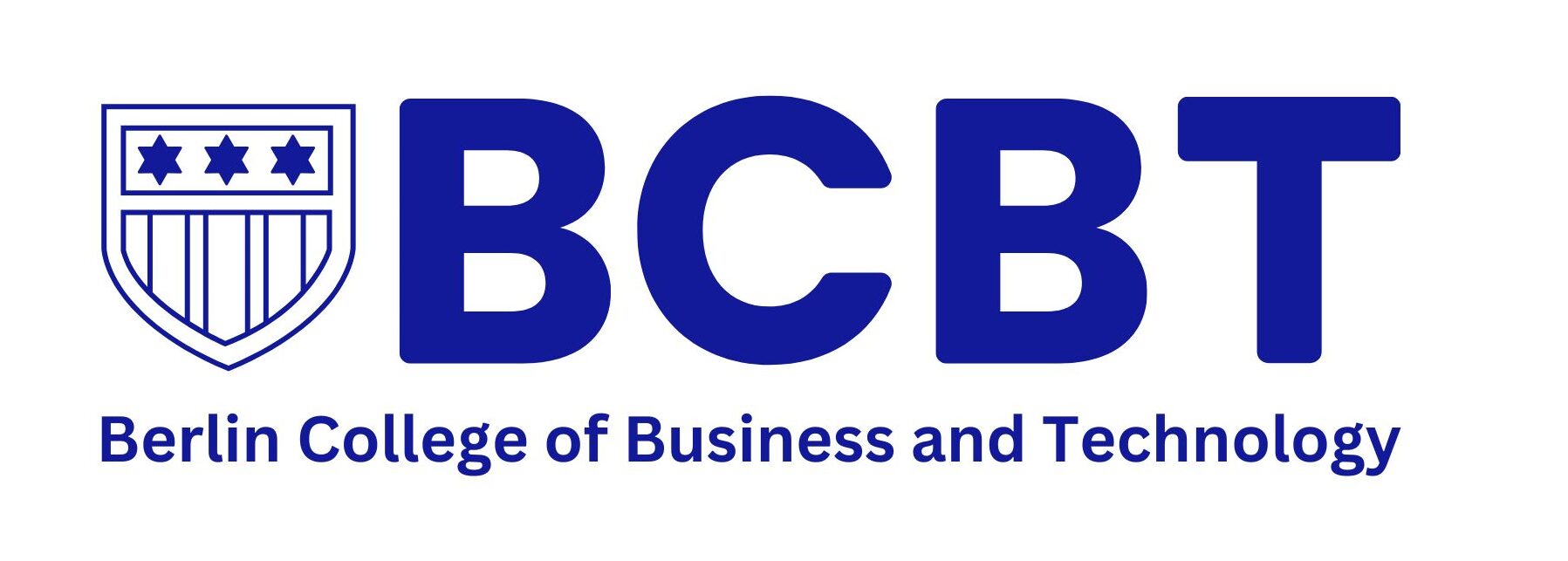Everything you need to know for German Student Visa Process in 2024
Germany has become a top destination for international students, drawing in an impressive 469,485 students in the 2023/2024 academic year. With its world-class education system and vibrant academic environment, it’s no surprise that many aspire to study here. However, one of the key steps to making this dream a reality is navigating the German student visa process.
Whether you need a visa or not depends on your nationality and the duration of your stay. Some students require only a residence permit, others need both a visa and a permit, while a few are exempt altogether. In this guide, we’ll help you understand where you fit in and how to prepare for the process.

Do You Need a Visa to Study in Germany?
Your visa and permit requirements depend on your nationality:
Short-Term (Up to 90 Days):
Requires a Schengen visa unless you’re from a visa-exempt country. If you’re from one of the countries listed here, you can travel to Germany without a Schengen visa.
Long-Term (Over 90 Days):
Requires a national visa and potentially a residence permit.
Exceptions for Specific Nationalities:
- For EU/EEA Nationals no visa or residence permit required but must register locally.
- For Australia, Canada, UK, USA, and Others noo visa required, but a residence permit and local registration are mandatory.
- For Brazil, Monaco, and Others, visa exemptions may apply depending on study and work intentions.
Types of German Study Visas
- For students with confirmed admission to a German university.
- For those awaiting admission decisions or taking preparatory courses.
- For intensive language courses without immediate plans for university enrollment.
Requirements for a German Student Visa
1. Application Documents:
- Completed visa application form.
- Valid passport with at least two blank pages.
- Recent biometric photos.
- Birth certificate and marriage certificate (if applicable).
2. Proof of Financial Resources (€11,904 in a Blocked Account):
- This guarantees you can cover your living expenses in Germany.
3. Proof of Purpose of Stay:
- Official admission letter or confirmation of preparatory course enrollment.
4. Academic Qualifications:
- Certified copies of school-leaving certificates and degrees.
5. Health Insurance:
- Travel health insurance for the visa process and statutory health insurance for university enrollment.
6. Language Proficiency:
- Proof of language skills in the program’s instruction language.
7. Visa Processing Fee (€75):
- Payable during the application process.
How to Apply for a German Student Visa
- Find your country’s German embassy or consulate online.
- Review the embassy’s student visa section for specific documents and deadlines.
- Schedule your interview well in advance.
- Ensure accuracy and completeness to avoid delays.
- Present your documents and answer questions confidently.
- Wait for Approval: Processing times vary, so apply early (3 months in advance is recommended).
When to Apply and Processing Time
- Recommended Timeline: Start applying as soon as you receive your university admission.
- Processing Time: Up to 25 days, though it can take longer in peak periods.
After Arrival: Residence Permit
If you’ll stay longer than 90 days, you must apply for a student residence permit within two weeks of arriving. Required documents include:
- Completed residence permit application.
- Valid passport.
- Proof of financial resources and health insurance.
- Confirmation of enrollment at your university.
Can You Bring Family to Germany?
Yes, international students can bring their spouse and children. However, you must demonstrate sufficient financial resources, provide proof of accommodation, and meet other specific conditions.
Final Tips for Success
- The earlier you begin the process, the smoother it will be.
- Keep track of deadlines and required documents.
- Embassy requirements can change, so always verify information on official websites.
Starting on your study journey in Germany is a life-changing experience. By preparing thoroughly and following this guide, you’ll be ready to navigate the visa process confidently and focus on your academic success.



